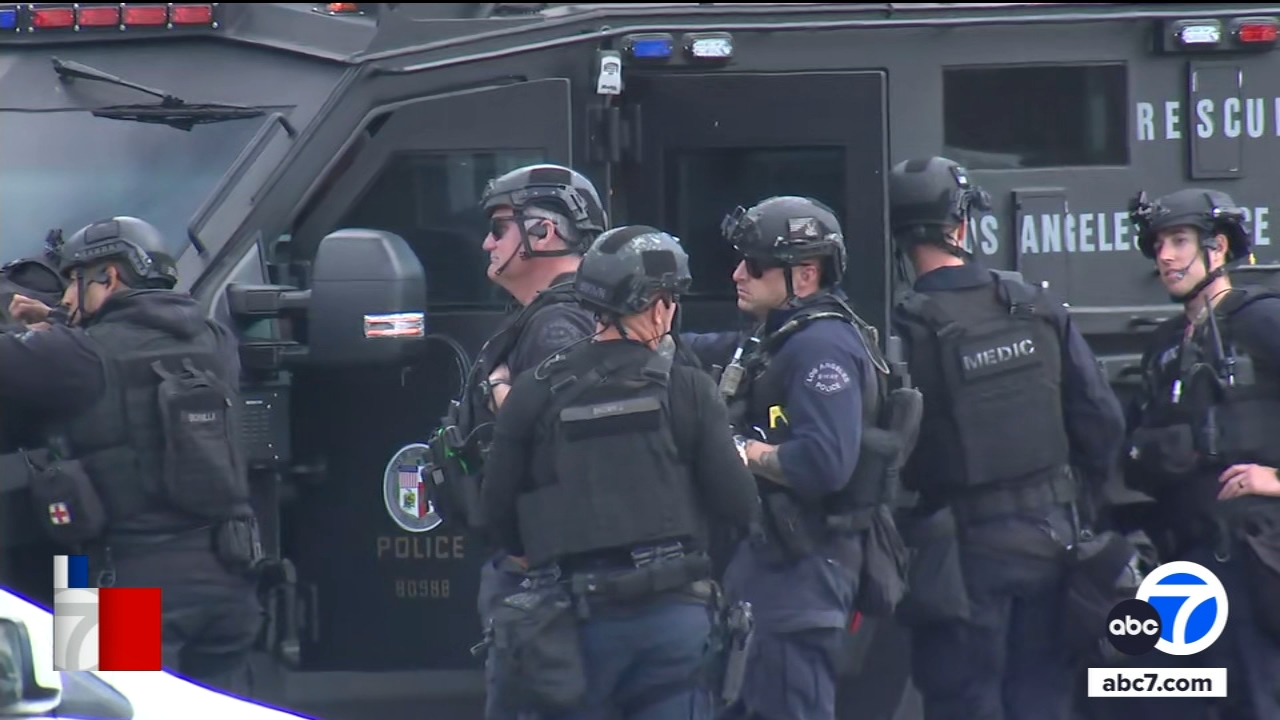What is Prop. 30? Measure would tax wealthiest Californians to fund climate programs

LOS ANGELES (KABC) -- Who should pay for climate projects and subsidies for electric cars? That's the question posed by California's Proposition 30.
Proposition 30 wants to tax the wealthiest Californians -- a 1.75% personal income tax hike on those who make more than $2 million per year.
Denny Zane from Move LA helped create it.
"The best thing that we can do is invest in zero-emission transportation. That means light-duty, heavy-duty cars, trucks, trains, boats, planes, etc. and try to accelerate zero-emission technology," Zane said.
California and Gov. Gavin Newsom want to ban gas-powered cars by 2035. Supporters of Proposition 30 say some the biggest polluters are diesel trucks, and this would help get them off the road.
"Diesel pollution causes asthma. It's been linked to lung cancer, and it impacts young lungs the most," said Eli Lipmen from Move LA.
And here is the twist that surprised a lot of people, especially a lot of Democrats: Newsom opposes it. The governor and other opponents say Proposition 30 is a ploy by ride-share company Lyft, which has spent tens of millions of dollars backing the proposition.
Zane is surprised that Newsom is opposing this.
"I think he misunderstands what's happening here. In fact, Lyft doesn't own cars. Lyft doesn't own infrastructure. I don't know that it's going to get any money from this measure," Zane said. "In fact, the people out here will get resources to buy EVs."
"Why do you even need a new tax? California already has the highest income tax rate in America at 13.3%. We have the highest sales tax in America," said Jon Coupal from the Howard Jarvis Taxpayers Association.
Raising taxes is never popular. This comes as Newsom is trying to raise his profile nationally and maybe run for president.
Coupal says Lyft is under pressure from state regulators to use more electric vehicles. This could help many drivers get new EVs.
On its webpage Lyft has a statement from its CEO, which says in part: "Not a single dollar of Proposition 30 is earmarked for Lyft or the Ridesharing industry as a whole. Ridesharing drivers will be eligible just like ALL Californians, but they won't receive any type of priority or preference."
"What they should've done is found a way to pay for it, but what they should not have done is try to make the taxpayers of California pay for their charging infrastructure," Coupal said.
¿Quieres leer este artículo en español? Haz clic aquí











